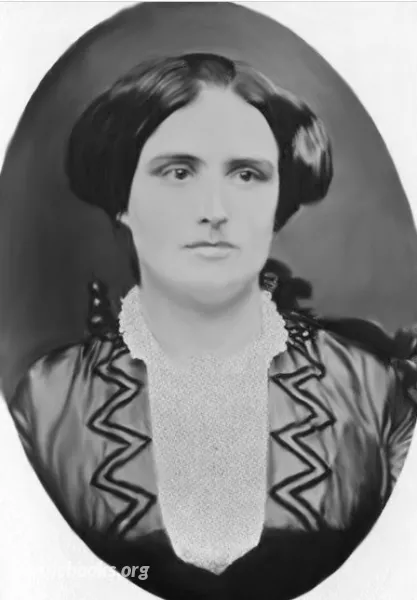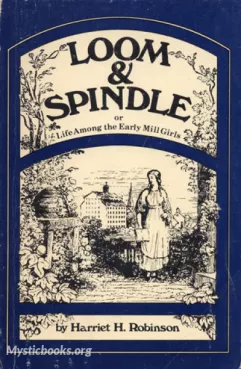
Timeline
Title
Country/Nationality
Harriet H. Robinson
Introduction:
Harriet H. Robinson was an extraordinary individual who made significant contributions to social justice and women's rights during her lifetime. Her unwavering principles, notable works, and dedication to advocating for equality have left an indelible mark on history. This essay explores the life, principles, notable works, philosophy, and enduring legacy of Harriet H. Robinson.
Who was Harriet H. Robinson?
Harriet H. Robinson, born in 1825, was an American author, suffragist, and labor activist. She hailed from a working-class background, which instilled in her a deep understanding of the struggles faced by ordinary people. Robinson's experiences and observations of social inequality and gender disparities shaped her lifelong commitment to advocating for justice and equality.
Principles and Contributions:
Robinson was a passionate advocate for women's suffrage and labor rights. She firmly believed that women should have the right to vote, hold public office, and enjoy equal opportunities in society. Her writings and speeches championed these causes, aiming to challenge societal norms and pave the way for a more equitable future.
Notable Works:
One of Robinson's most notable works is her memoir, "Loom and Spindle," published in 1898. This memoir provides a firsthand account of her experiences as a young woman working in the textile mills of Lowell, Massachusetts, during the early 19th century. It sheds light on the harsh working conditions, meager wages, and gender inequalities prevalent in the industrial era.
Robinson's writings also appeared in various periodicals and newspapers, where she fearlessly tackled issues of social justice, women's rights, and labor reform. Her words served as a powerful tool to raise awareness, challenge societal norms, and inspire others to join the fight for equality.
Philosophy and Legacy:
Harriet H. Robinson's philosophy centered on the belief that all individuals, regardless of gender or socioeconomic status, deserved equal rights and opportunities. Her work was rooted in the conviction that society could only progress by dismantling oppressive systems and striving for a more just and inclusive world.
Robinson passed away in 1911, but her legacy lives on. She is remembered as a trailblazer who fearlessly fought for the rights of women and workers. Her memoir, "Loom and Spindle," remains a significant contribution to labor history and women's studies, providing valuable insights into the struggles and triumphs of the working class during the industrial revolution.
Interesting Facts:
Harriet H. Robinson's involvement in the suffrage movement brought her into contact with prominent figures such as Susan B. Anthony and Lucy Stone, further amplifying her influence and network. She was an active member of suffrage organizations, participating in rallies, speeches, and lobbying efforts to advance the cause of women's rights.
Conclusion:
Harriet H. Robinson's life and work exemplify the unwavering dedication to social justice and women's rights. Through her writings, speeches, and activism, she challenged societal norms, advocated for equality, and left an indelible impact on the fight for justice. Harriet H. Robinson's contributions continue to inspire generations of activists, reminding us of the power of individual voices and the importance of fighting for a more equitable and inclusive society.
Books by Harriet H. Robinson

Loom and Spindle
In this captivating firsthand account, Harriet H. Robinson takes readers on a transformative journey through the textile mills of Lowell, Massachusetts, during the early 19th century. Published in 1898, Loom and Spindle offers a poignant glimpse into...